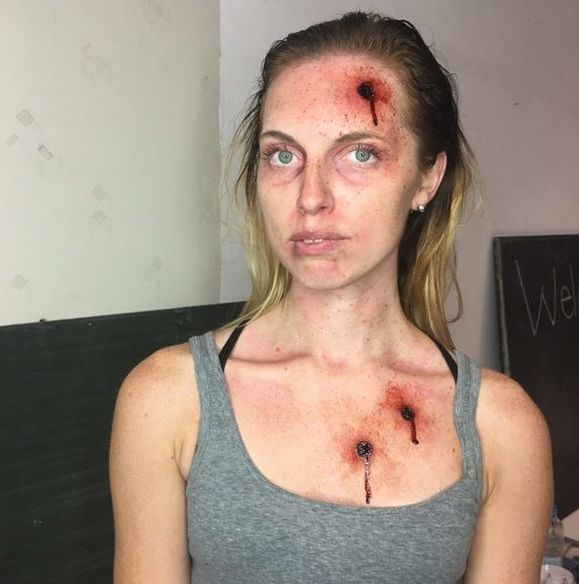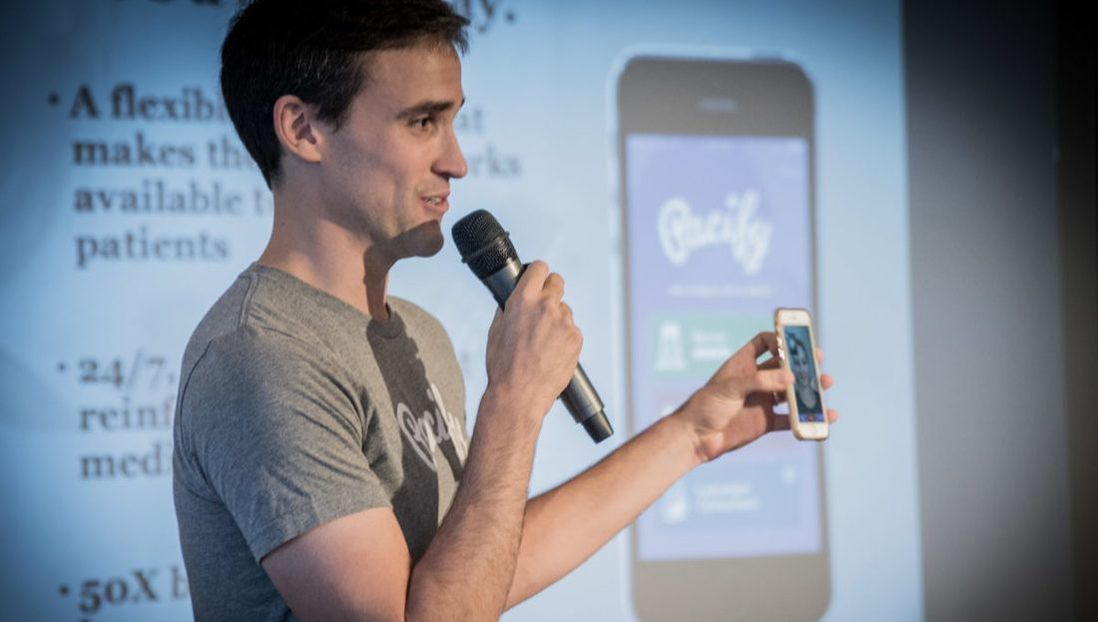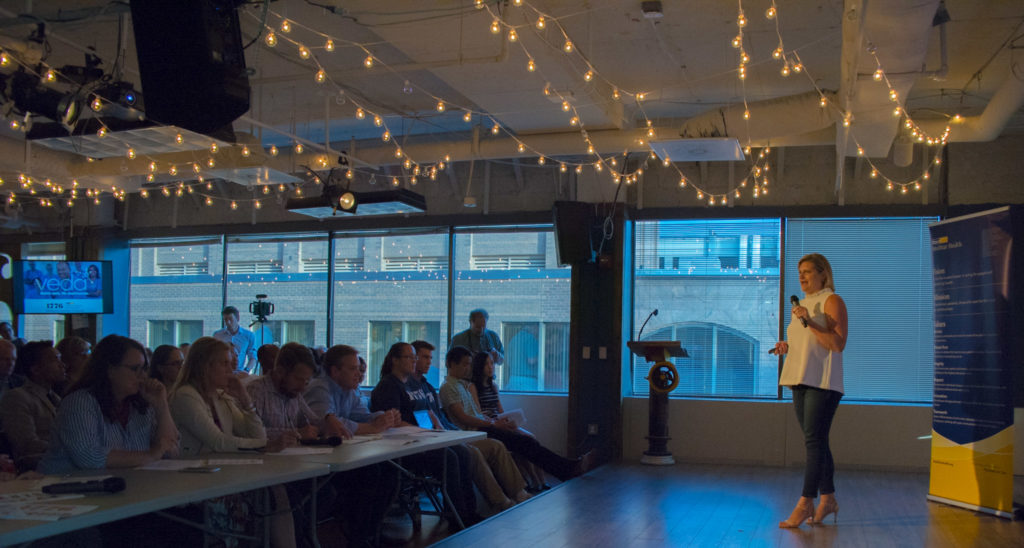|
When Edward Snowden released thousands of classified NSA documents, Travis Moore was tasked with learning about the information fast. As the former legislative director for U.S. Rep. Henry Waxman, Moore scrambled to find technical expertise on bulk metadata, the NSA’s programs, and the implications of the breach. Ultimately, he had to look outside the halls of Congress.
With tech-related issues continuing to gain importance, the experience left him looking to bring more expertise to the Capitol Hill. Moore created TechCongress, a 13-month fellowship that places technologists either in congressional offices or committees to provide knowledge on various legislation, emerging technologies, and concerns. From now until September 28, TechCongress will accept applications for next year’s cohort. According to Moore, successful candidates possess three traits:
TechCongress is a young program, having only started in 2015, but they’ve already stumbled upon interesting takeaways. One was the level of veteran interest. In their first year, three of their top five candidates included veterans. Two of them later became inaugural fellows. For 2017, Moore and his team plan to focus on bringing in more veterans and diversifying their program with more female fellows.
0 Comments
Five health-focused companies joined 1776 in Crystal City recently, after the incubator and MedStar Health named winners of the #Patients2Consumer startup challenge. Eleven startups competed earlier this month to join the three-month MedStar Innovation Lab Cohort. As the name suggests, Columbia, Md.-based hospital and healthcare facility operator MedStar Health is a prime partner. Of the five selected winners, two companies hail from D.C. VEDA Data Solutions incorporates AI to provide dashboard free data science tools, eliminating the team of scientist required to operate the dashboards and their “lofty promises without real results” according to CEO Meghan Buck. Before joining the MedStar Innovation Lab, VEDA landed a contract with health insurance company Humana and began expanding their clientele in D.C. and Madison, Wisc. No matter how much they grow, the opportunity to showcase their product and cut through the noise generated by the overused buzzword “machine learning” remains of utmost importance to Buck and her team. “VEDA saw this partnership as a perfect opportunity to demonstrate how machine learning and AI can make healthcare work better,” Buck told Technical.ly. “Updating provider directory data, cleaning up claims and automating provider network performance might not sound like the kind of technology that fundamentally changes healthcare– but the cost savings are enormous.” The other D.C.-based company in MedStar’s Innovation Lab is Pacify Health. Like VEDA, this isn’t the startup’s first major partnership.
Pacify aims to bridge gaps in the healthcare system by providing efficient support to new mothers and their infants. Concerned with the unnecessary panic and lack of care, CEO and cofounder Ben Lundin said that he sees “a real opportunity for technology and telemedicine in particular to address some of these challenges.” 1776 and Transurban North America are seeking startups looking to revolutionize American road systems.
The two orgs opened applications this week for the Smart Highways Challenge: Smarter, Safer, and More Efficient. It’s an open call for startups solving problems in the following three areas:
If selected as one of the six winners, Transurban and 1776 will award startups with a $25,000 cash prize, acceptance into the Transurban Innovation Lab, and travel and housing expenses to cover the costs of relocating to Northern Virginia for three months starting in early fall. |
Archives
September 2017
Categories
All
|




 RSS Feed
RSS Feed
